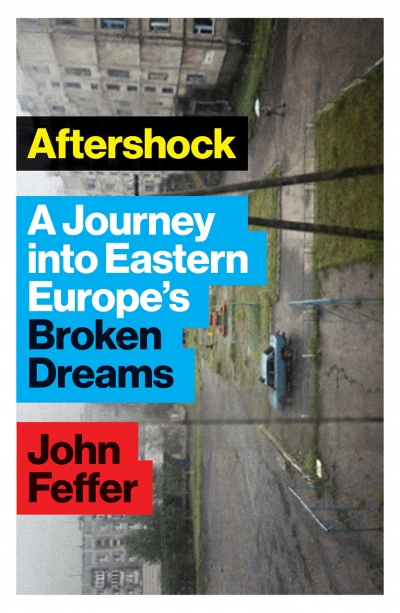



The Western media and politicians hype China’s economic progress because they want to use it to show that China’s economic progress only became possible when it adopted Western capitalism.
Without Soviet power, Communism in Eastern Europe has slipped into crude nationalism bringing people to power with clearly fascist tendencies.
History offers lessons in how to confront—and defeat—imperialism and Zionism.
The Afghan mujahideen’s defeat of the Soviet army in Afghanistan resulted not only in collapse of the Soviet Union and the end of communism but also brought radically changes in global politics.
Eqbal Ahmed: Confronting Empire edited by David Barsamian. Pub: Pluto Press, London, UK, 2000. Pp: 326. Pbk: £11.99.
It is no secret that the media and political establishment in North America are viciously anti-Islamic. This continent’s power elite is obsessed with the Islamic movement, insisting on projecting it as the new “threat” replacing communism.
The economy of the Islamic State, according to Sadr, is divided between that of the individual as the vicar of God (khalifah), and the ruler as the witness (shahid) who presides over the application of the laws of God. The economic structure of the Islamic State thus consist of private property and public property. However, one should not think that the economic structure of the Islamic State is some sort of combination of capitalism and socialism. Sadr strongly rejects this misconception.

